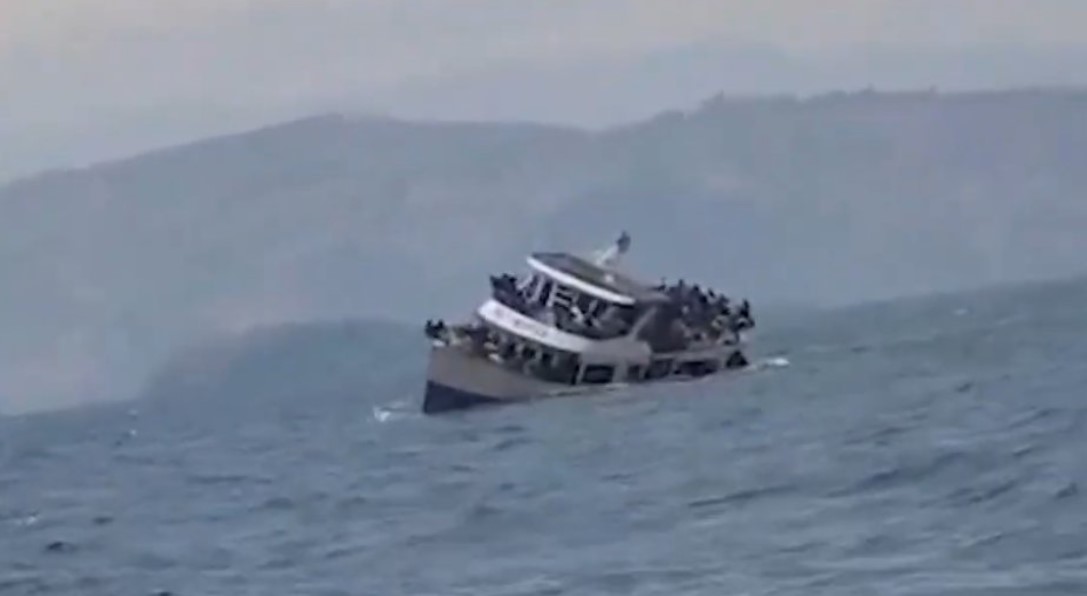A devastating maritime accident in the Democratic Republic of Congo has claimed the lives of at least 143 people, with dozens still missing after a boat carrying fuel caught fire and capsized earlier this week.
According to local officials, the tragedy occurred Tuesday on the Congo River near Mbandaka, the capital of Equateur Province. Here, the Ruki River meets the main Congo River—known as the world’s deepest river. The wooden boat, reportedly overloaded with passengers, was engulfed in flames after a fuel explosion ignited by an open cooking fire.
Josephine-Pacifique Lokumu, a regional lawmaker, stated that 131 bodies were recovered on Wednesday, followed by 12 more over the next two days
. Many of the victims were severely burned. Local civil society leader Joseph Lokondo, who assisted in burying the dead, confirmed a provisional death toll of 145, attributing the casualties to both burns and drowning.
Eyewitness footage shared on social media depicted the boat engulfed in flames and thick smoke, with smaller vessels nearby observing the tragic scene. The number of passengers on board remains unclear, but authorities believe it was in the hundreds. Some survivors were rescued and taken to local hospitals for treatment.
Did you read this?
The incident highlights ongoing transportation challenges in the DRC, a vast Central African nation spanning over 2.3 million square kilometers. Due to limited road infrastructure and sparse air travel services, many residents rely on river and lake transport, often using overcrowded and poorly maintained vessels. These conditions frequently result in deadly shipwrecks.
The lack of passenger manifests makes rescue and recovery efforts even more difficult. The country has faced similar tragedies in recent years, including the deaths of at least 47 people in a boat accident on the Congo River in October 2023 and more than 20 lives lost in another incident on Lake Kivu the same month. In 2019, a separate shipwreck on Lake Kivu claimed around 100 lives.
As families continue searching for missing loved ones, the latest disaster has once again highlighted the urgent need for safer, regulated water transport in the DRC.









